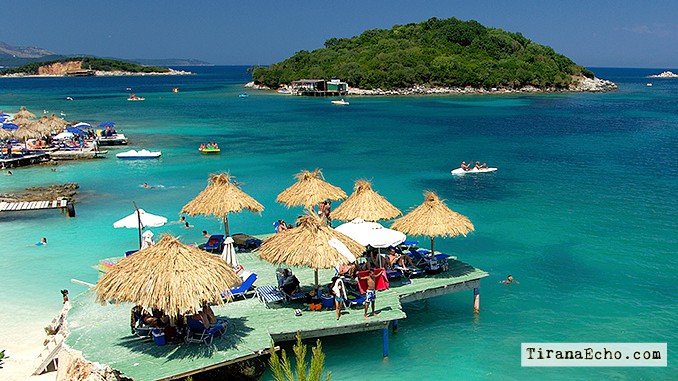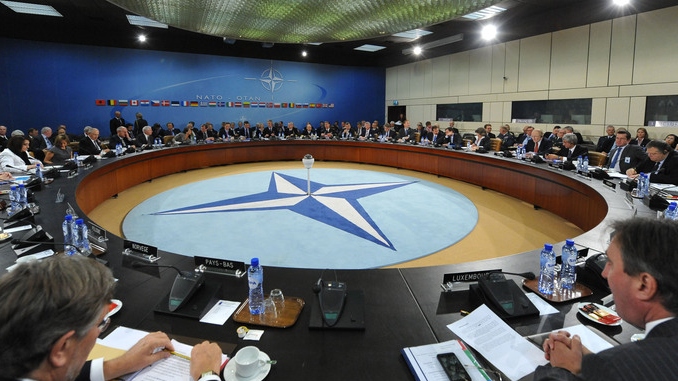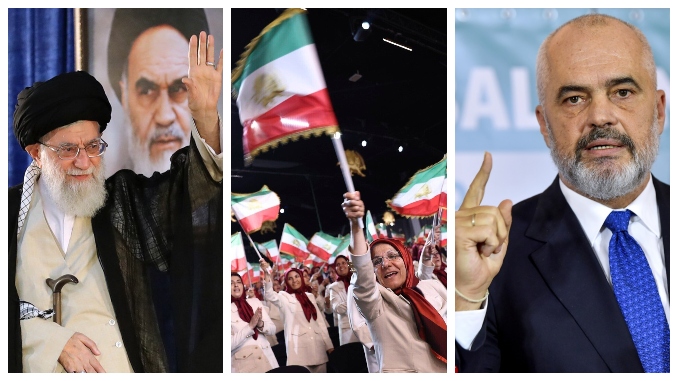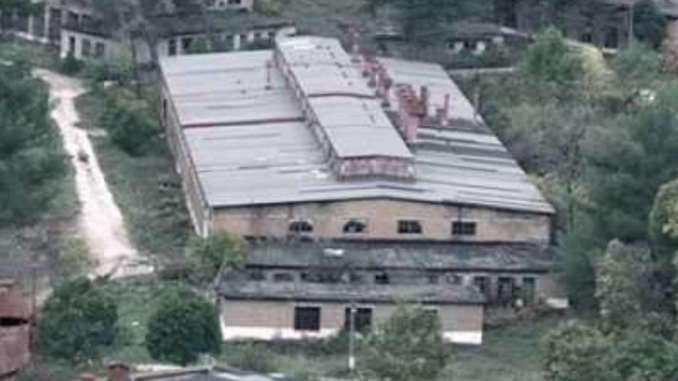Power struggles win over democracy – Albania wastes its opportunities
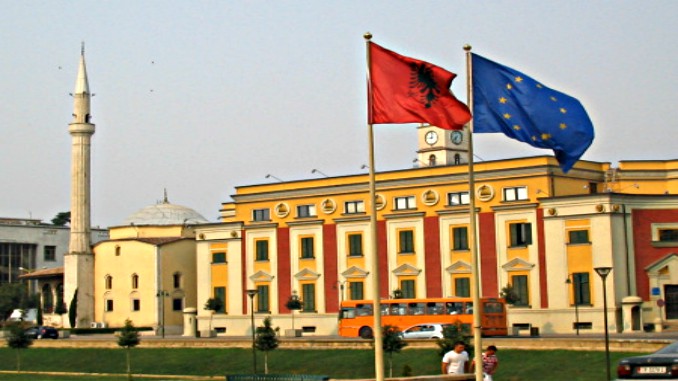
The opposition in Albania is boycotting the parliament – once again. Albania’s rather young and weak democracy is seriously shaken – once again. These developments are even more saddening as other recent developments had raised hope that the country might even become one of the frontrunners in the Western Balkans European integration efforts.
The passing of an ambitious set of constitutional amendments on judicial reform in a unanimous vote in July 2016 was a milestone on Albania’s path towards EU membership and democratic consolidation. Even though the consensus was enforced by extreme international pressure this was yet another success after the parliamentary elections in June 2013, which were praised by Albania’s partners in the EU and the U.S. as they at least in important parts met international standards. It seemed that good news from the country with maybe the worst image in the region had become more frequent. As just a logical next step and with the aim to support Albania’s reform efforts, the European Commission recommended the opening of accession talks in November 2016. To further put pressure on Albania’s political elite, the recommendation was conditional on tangible results in the implementation of the justice reform and especially the much contested vetting law.
Especially in comparison with its fellow countries in the region, Albania’s prospects of speeding up its EU integration process looked promising: Unlike Serbia and Kosovo, Albania does not have any intractable bilateral disputes with its neighbours which for the time being impede its EU membership. Internal ethnic tensions which paralyse the political system in Bosnia and Herzegovina are also absent in the country. In the last years, the government was not destabilised by huge scandals as was the case in Macedonia with their wiretapping scandal. And unlike Montenegro, which for a quarter of a century only has known one government, Albania could even demonstrate its ability to manage a peaceful change of power most notably after the elections in 2013. With its rigid Stalinist system and complete isolation from the rest of the world, Albania had by far the worst starting conditions in the region after the end of the Cold War. Now it seemed that it even might become one of the frontrunners in the race towards EU membership.
Sadly these expectations proved to be false. After the two major political blocs in Albania, the governing coalition, led by the Socialist Party (PS), and the opposition, led by the Democratic Party (PD), managed to agree on the constitutional amendments on judicial reform, it did not take long for the political discourse to go back to normal. In its fear of a loss of importance and an electoral defeat in June, the PD started to use an old remedy to obstruct the work of the government. Since February it has boycotted the parliament and is in this way harming its democratic legitimacy. In addition, the PD’s leading figures are constantly and repeatedly demanding a technical, non-party, government, arguing that under the current PS ruling free and fair elections will not be possible – a claim that is rejected not only by the PS but also by the EU and the U.S. representatives in Tirana. At this point one can hardly predict what is going to happen in the elections in June.
What is already certain today is that Albania is currently wasting yet another opportunity. Without the participation of the PD, the parliamentary elections would be a farce and the country’s democracy would be seriously damaged for years to come. But even if the worst can be averted and the international pressure leads to a course change for the PD: Current developments show once more that the political culture in Albania prevents real progress. As long as compromise is seen as a weakness and all political decisions are subordinated to questions of power, Albania’s democratic future does not look too bright.
Source: EuropeanWestern Balkans / Sarah Wohlfeld



